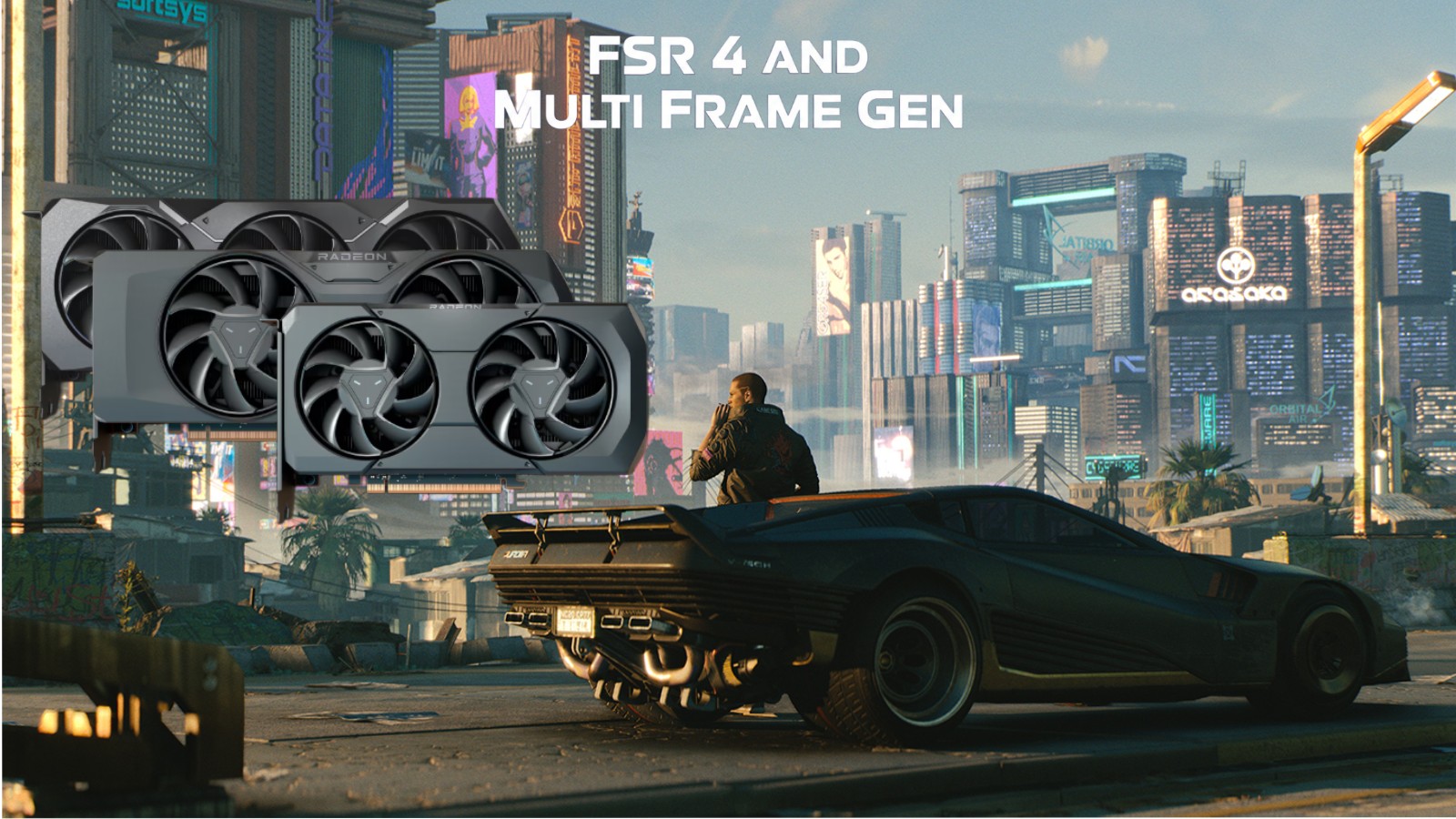- A toolchain developed by Spectral Compute aims to enable CUDA programs to run natively on AMD GPUs.
- It handles NVPTX Assembly without manual translation and can replace Nvidia’s nvcc compiler.
- SCALE has shown success on AMD’s RDNA architecture, enhancing CUDA accessibility beyond Nvidia hardware.
Various efforts have been made to assist in converting CUDA source code to portable C++ code for AMD graphics processors. At the same time, ZLUDA was originally financed by AMD to enable CUDA binaries to operate on AMD.
It looks like a new competitor named SCALE is in town. UK-based company Spectral Compute has been working on SCALE for the past seven years using some open-source LLVM components, helping users run CUDA programs natively on AMD GPUs via the GPGPU toolset.

SCALE also has a significant advantage over other alternatives that just help with code translation through manual developer processes. CUDA applications that depend on line NVPTX Assembly can be handled by SCALE, which accepts them just as they are.
Furthermore, the SCALE compiler can be used in place of Nvidia’s nvcc compiler, and it features a runtime that “impersonates” the CUDA Toolkit. While compatibility with Vega is still being worked on, Spectral Compute has begun testing SCALE across RDNA3 and RDNA2 GPUs, in addition to basic testing on RDNA1.
Various tests using Blender, Llama-cpp, XGboost, GOMC, Hashcat, and even Nvidia Thrust have proven successful for SCALE. Nvidia’s CUDA will no longer be exclusive and will instead become broadly available with the adoption of SCALE.
It’s crucial to remember that while SCALE can be accessed by users under a free software license, the program itself is not open-source.
While it’s promising to see CUDA running natively on AMD, Nvidia will probably not lose its exclusivity status so easily, as CUDA has been instrumental in the company’s supremacy over the AI industry.
Thank you! Please share your positive feedback. 🔋
How could we improve this post? Please Help us. 😔
[News Reporter]
Malik Usman is student of Computer Science focused on using his knowledge to produce detailed and informative articles covering the latest findings from the tech industry. His expertise allows him to cover subjects like processors, graphics cards, and more. In addition to the latest hardware, Malik can be found writing about the gaming industry from time to time. He is fond of games like God of War, and his work has been mentioned on websites like Whatculture, VG247, IGN, and Eurogamer.




